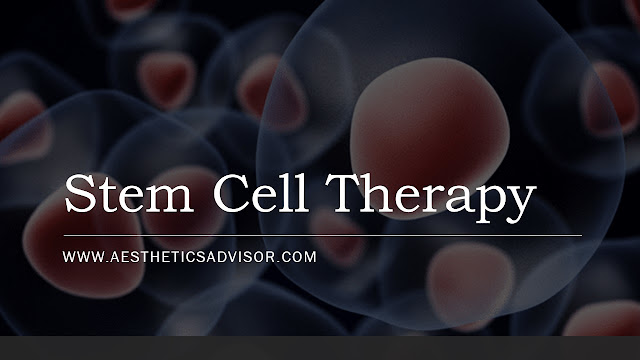Stem Cell Therapy for Anti-Aging: A 2023 Review of the Science and Potential Benefits
Can stem cell therapy delay the effects of aging? Is there any evidence? As of February 2023, there are more than 250 scientific publications related to stem cell and anti-aging on PubMed.gov. That said, there is also a lot of confusion due to the overwhelming mixing of credible scientific information and marketing hypes available on the internet.
There are various stem cell products in the global market. However, not all of the products contain 'live' stem cells. Live stem cells need to be administered intra-venously or intra-muscularly in order to reach the target organ/s. Stem cells that are taken by the oral route will be digested and broken down in the stomach.

What Causes Aging?
The human ageing process is a complex and multifactor process. We have uncovered top 10 key mechanisms based on our research and review on the scientific literature.5. Genomic Changes: During aging, our DNA becomes damaged, and telomeres become shorter and dysfunctional, especially in stem cells and fast-dividing cells.
Stem Cell Therapy for Anti-Aging Research Update
Despite the fact that there are many published studies on stem cell therapy for anti-aging, major media has been slow to report the findings.
The first trial involved 15 frail patients, each received single MSC infusion of stem cells collected from adult bone marrow donors aged between 20 and 45 years old. The patients exhibited improved overall quality of life and fitness, as well as diminished tumor necrosis factor levels. The second trial was a double-blind, randomized study involving a placebo group. Aside from noting no adverse effects, the research team found the improvements to be “remarkable.”
As a life-threatening geriatric condition, aging frailty affects up to 15% of Americans over the age of 65, or 8.1 million individuals, and manifests as a loss of muscle and decreased strength, slowed walking, low activity and energy levels, poor endurance, nutritional deficiencies, weight loss and fatigue.
“There is increasing recognition of the unmet medical need in treating and preventing frailty in older adults, and we feel the acceptance of our trial design and rationale for publication in this prestigious, peer-reviewed journal reflects the urgency to develop potential new therapies,” said Geoff Green, CEO of Longeveron.
The publication by Longeveron Senior Scientist Dr. Anthony Oliva and colleagues is titled “The Design and Rationale of a Phase 2b, Randomized, Double-Blinded, and Placebo-Controlled Trial to Evaluate the Safety and Efficacy of Lomecel-B in Older Adults with Frailty,” and is accessible here (https://link.springer.com/article/10.14283/jfa.2022.2) This trial was designed and conducted in partnership with the National Institute on Aging. The results of the trial were previously announced by the Company on August 13th, 2021.
As a guide, the cost of mesenchymal stem cells for anti aging may cost around $10,000.
A typical anti-aging stem cell therapy will include the following:
- Consultation
- Medical Check Up plus laboratory investigations
- Infusion of 100 million MSC (mesenchymal stem cells), usually umbilical cord origin (allogeneic)
- Post treatment stem cell supplements
- Post treatment assessment and follow-up
For anti-aging purposes, most stem cell therapy centres will use stem cells sourced from post-natal Mesenchymal Stem Cells (MSCs) which can differentiate into variety of cells of most organs such as muscles, blood cells, neurons, intestinal cells, pancreatic cells and liver cells.
- Extensive cell proliferation which can generate large quantities.
- Differentiation capability to become desired cell type as opposed to blood (hematopoietic) stem cells (which are already differentiated).
- Immune privilege which does not cause immune rejection.
- Potential benefits include but not limited to greater energy and stamina, improved memory, improved libido, less bone and joint pains, firmer skin and new coarser and darker hair.
Cautionary Remarks
In real medicine, results are not guaranteed and there are no cure-alls. Real research is published in peer-reviewed journals, and you can search the journals via PubMed or Google Scholar.
Please remember that this article is not a substitute for medical advice from a qualified medical doctor.
.png)

.png)






Comments
Post a Comment